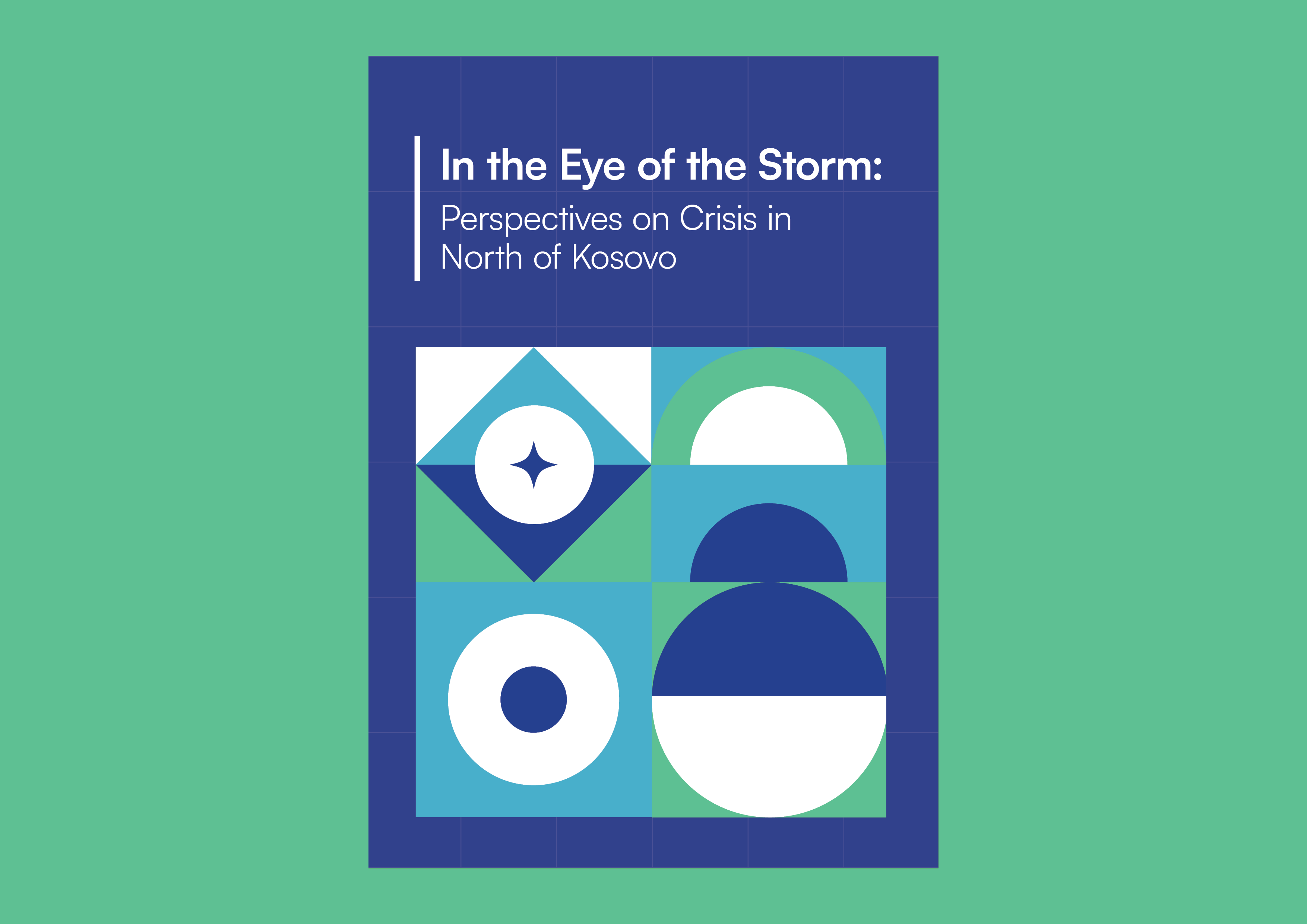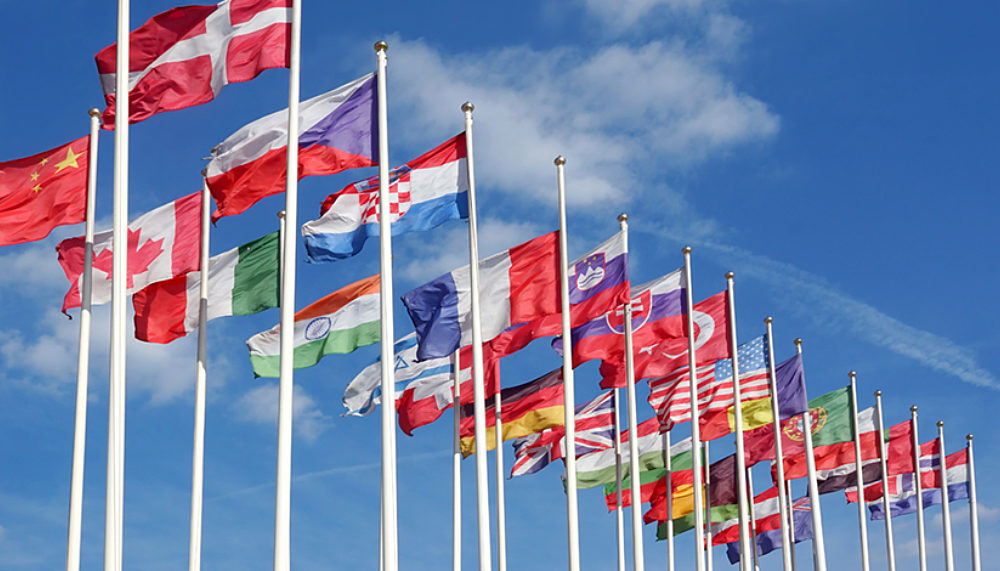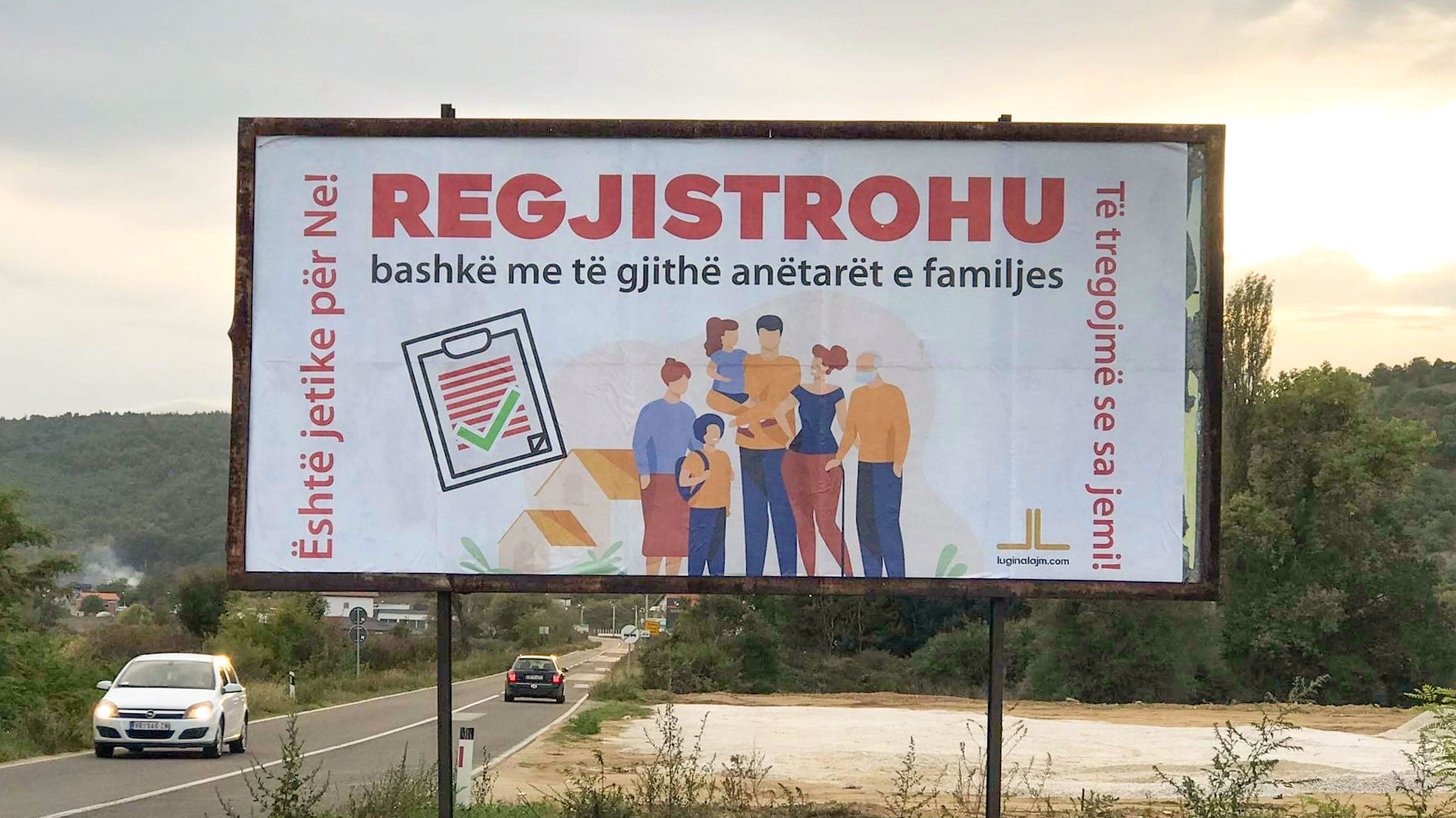Why we support dialogue across divides
Conflict can create divisions within and between societies, as people take sides and become more entrenched in their positions. This contributes to an environment where negative stereotypes and prejudice thrive, and where fear and loathing are allowed to flourish. In such polarised conditions it is very easy to de-humanise people from “the other side”. Trust evaporates and it becomes enormously difficult to find mutually acceptable solutions to ending violent conflict.
We create safe spaces for groups that are in conflict, and would not normally meet, to work together to identify and expand common ground and to solve shared problems. This helps to slowly rebuild relationships and trust between divided societies and to counter narratives that fuel violence and conflict.
In Kosovo and Serbia, for example, we convene a rapid response mechanism which helps to deescalate events fuelling violent conflict. Our work brings civil society organisations, activists, and community leaders together from across divides to challenge conflict generating narratives and disseminate positive messages of peace. These statements help demonstrate cooperation and solidarity, showing peace is possible.
A closer look at how we support dialogue across divides
Here are some of the ways we bring people together across conflict divides to find common ground and shared solutions:
The Libyan peacebuilding practitioners’ network
In Libya, the peacebuilding practitioners’ network brought together leadership figures from civil society, local government, media, academia, and traditional institutions from across the country, working to build peace at local and national levels. The network allowed members to share their perceptions on events affecting conflict and peace in Libya and to develop common understandings of the context. This helped to build trust between members of different communities and to identify opportunities to collaborate on practical peacebuilding action. Through the peacebuilding network, members have had an impact on peace in ways that would not be possible at the individual level.
Delivering inclusive social services across conflict divides in Serbia and Kosovo
PCi worked with partners People in Need, Aktiv, Municipal Authorities and other local CSOs to strengthen the delivery of social services as a vehicle for inter-community interaction and integration. The approach involved the participatory development of strategies and action plans for the provision of social services. For the very first time CSOs were able to directly influence decision making and increase the budget percentage for social services in 8 target municipalities. The endline survey data demonstrates that the percentage of respondents who believe it is possible to work across ethnic divisions to solve community-level issues has progressively increased from 20% to 31% in Kosovo and from 36% to 58.2% in Serbia.
Maintaining social cohesion in western Ukraine
Together with our partner, the Institute for Peace and Common Ground, we worked in western Ukraine to see how dialogue can be used to help unite efforts among citizens to address the impact of the war. The project also aimed to use dialogue to help build a platform through which Ukrainian citizens feel they have been stakeholders in the recovery and reconstruction of the country. Dialogue Initiative Groups formed in four communities, in four different regions in western Ukraine. They brought community members together for diverse initiatives such as integrating the children of displaced families, promoting economic activity, and inputting into local recovery plans.
Recent Publications

In the eye of the storm: perspectives on crisis in the north of Kosovo
New research undertaken by New Social Initiative and Community Building Mitrovica looks into perceptions of the local community about the

Building peace in a multi-polar world
We now live in a multi-polar world, characterised by greater complexity and unpredictability. How can peacebuilders respond to this increased

Case study: citizenship, integration, and the census in south Serbia
This case study presents learning from an intervention by civil society aiming to increase participation of the Albanian minority in
